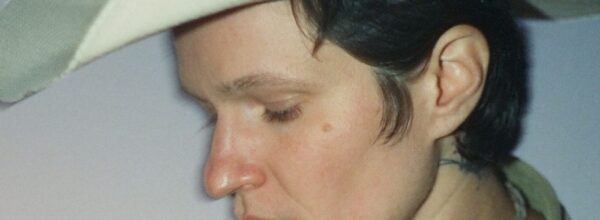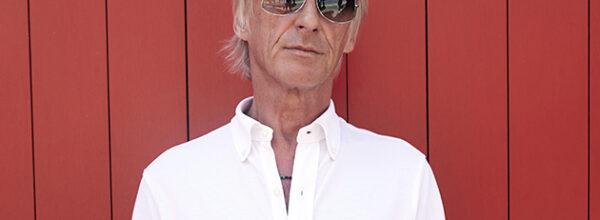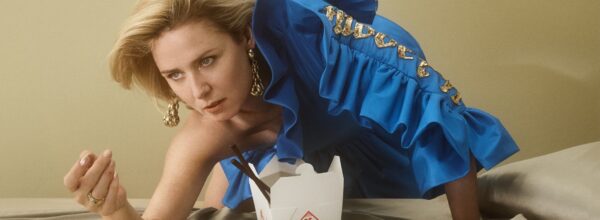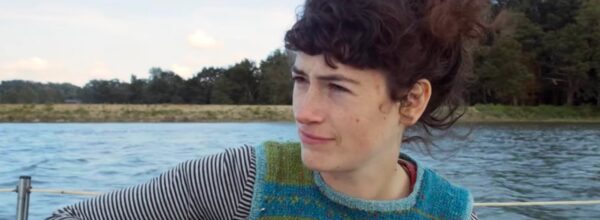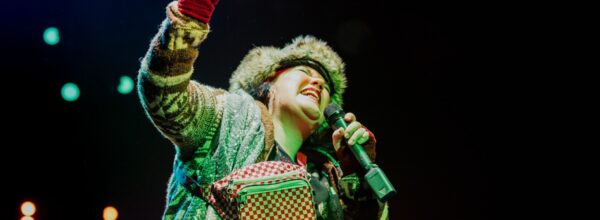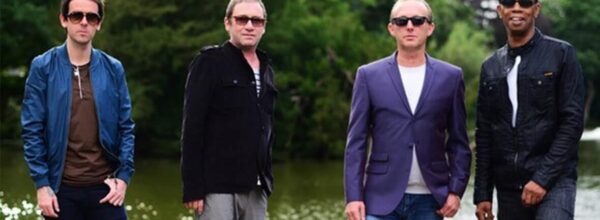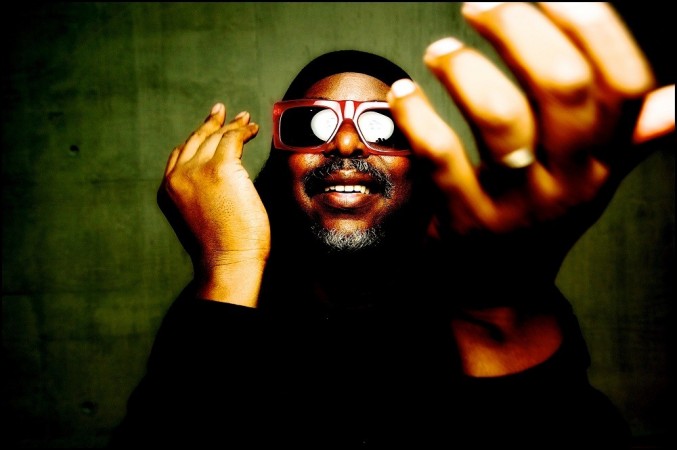
Ahead of this year’s Bristol International Jazz & Blues Festival, we caught up with legend of the British jazz scene Courtney Pine about what we can expect from his set at Colston Hall, his favourite albums of recent years and why he’d like Roni Size in his dream line-up.
What can we expect from your upcoming gig at Colston Hall? This is the big band House of Legends set so quite different from your current album with Zoe Rahman?
Lord Edward Colston was one of the biggest beneficiaries of the slave trade and bringing a project that reflects the positive side of the Caribbean – its people, traditions, music and culture – is in my opinion a perfect setting to show how the United Kingdom acknowledges its past, present and future.
Where are your favourite places to tour? Do you have any fond memories of playing in Bristol?
There are too many places to mention, but Japan, Africa, the Americas and the Caribbean have welcomed me and my music with open, positive, enthusiastic responses. I love to perform in places that have heritage which gives me a chance to learn.
Bristol is an amazing place, a port town that absorbed so much from outside its shores. Just walking around this fine city is an experience, with its architecture which reflects its past. I remember performing at Colston Hall in the early 80s as a teenager with various reggae bands (I was 17). I guess that those experiences were good, as I am still trying to move a crowd in the same way.
What are your general feelings about both the state of British jazz and its status in the cultural landscape. Do you think there’s enough awareness of the breadth of British jazz in 2016?
Improvised music will always be underground. The musicians attracted to it are subversive and those who aren’t find some other designation in life eventually.
This is a great time to be a jazz musician. Not only can we create, produce and arrange sound, but also it’s acceptable to design, film, be a record company and go out and do shows. There are so many young positive musicians willing and able to put in the hard work required to stand on the shoulders of past jazz giants and represent who they are. Also, there seems to be even more people willing to turn up to the festivals, concert halls and jazz clubs to see what instant musical creativity does to them.
I remember seeing you play about 10 years ago in London, where you employed circular breathing during an extended solo. Is this method of playing physically exhausting? How difficult is it to learn and use?
No, it’s not exhausting when done properly. There are many musicians who have incorporated this African technique into their artistry from aborigines to snake charmers to the likes of Roland Kirk, Wynton Marsalis, and many many others.
To learn takes a magic minute, but we humans seem to strive on the imagination. I was taught by the Ghanaian superband Osibisa’s co-leader Mac Tontoh, who used to do a didgeridoo solo in the middle of their set. I can remember seeing him do it on stage and how it made me feel.
A personal highlight of your discography is Modern Day Jazz Stories. Are you hesitant to revisit old favourites during your live shows? To what extent are you keen on progressing your music and leaving older work untouched?
No, I am not hesitant, it’s just that I have many other projects that I am trying to achieve. Right now there are seven projects that I have sketched out, I just have to find the time to complete them.
Do you have any favourite albums by other artists from the last couple of years? Are there any upcoming releases you’re particularly looking forward to?
Too many to mention. Kendrick Lamaar’s To Pimp A Butterfly is a favourite at the moment. Sonny Rollins’ Soloscope recorded in the 80s is still playing in my collection. FKA Twigs’ LP1 is still playing in the car. I just picked up David Bowie’s Blackstar and yes it’s well worth the 5-star accolades, and it’s got proper saxophone solos on it! Jazz At Lincoln Centre featuring Wynton Marsalis – Abyssinian Mass.
You’ve collaborated with a wide range of highly talented musicians. Is there anyone left who you would love to collaborate with? Who would feature in your ‘dream’ line-up?
Once again, too many to mention – Kenny Baron, Regina Carter, Terri Lyne Carrington, James Carter, Zakir Hussain, Hermerto Pascal.
My dream line-up would be Roni Size and RZA from Wu Tang Clan on beats, Jack Dehjonette on drums, Stanley Clarke on Double Bass, Herbie Hancock on piano, David Sancious on keyboards, George Benson on guitar, Hubert Laws on flute, Chaka Khan on guest vocals, Wynton Marsalis on trumpet…
Thanks Courtney!
Courtney Pine plays Colston Hall on Sunday 20th March. Bristol International Jazz & Blues Festival runs from 18-20th March. Find out more.
Conal Dougan




